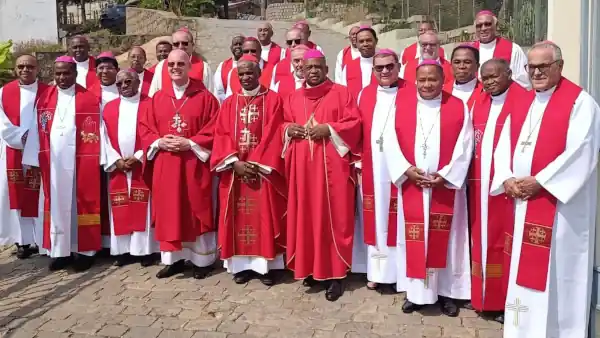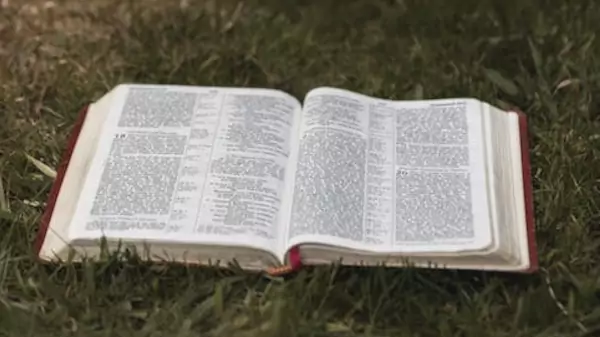- Presented by Radio Don Bosco
- Category: Instant with a priest
-
Also available:


M.E.J. is an important movement in the Catholic Church, and Father Odon Honoré Andrianarisoa was in charge of this event. During his lifetime, this priest was one of the Jesuit priests until 6 November 1989. This priest is the M.E.J. Chaplain, among those who have studied the Eucharist. He was responsible for the initiation of novices.
- Presented by Radio Don Bosco
- Category: Instant with a priest
-
Also available:


Rights, duties and responsibilities are values that confer dignity and respect on every person. Dignity and respect were important to the Malagasy Ntaolo and to the Christian faith, because 'dignity' is the basis of 'holiness' and 'respect' is what establishes us as 'superior'; but only God has this highest superiority.
- Presented by Radio Don Bosco
- Category: Instant with a priest
-
Also available:


There are two great walls protecting us Christians: the words of God, the Old Testament and the New Testament; and the seven sacraments. The most important of the seven sacraments: the Eucharist and the Sacrament of Holy Orders. There is no "crisis" in the life of the Church, but not everyone realizes the value of self, life, heart and soul, homeland and the value of the environment.
- Presented by Radio Don Bosco
- Category: Instant with a priest
-
Also available:


Pride and greed are among the seven deadly sins of others, but jealousy is related to them. These negative traits are found in the social world and they harm many things. Many people do not accept suggestions from friends around them, but display a bad character full of pride. Many rich people are greedy and do not care about the common good.
For a genuine and authentic transformation

“Let your love be without hypocrisy. Abhor what is evil; cling to what is good” (Romans 12:9). Message from the Episcopal Conference of Madagascar to the Catholic faithful, to the leaders and officials of the nation, to young Malagasy people without distinction, to all our compatriots, and to all people of good will.
Read more ...Love and Salvation

Christmas is a great joy, because it is the love of God that has come to us, proclaims Fr. Bizimana Innocent, Provincial Superior of the Salesians Don Bosco of Madagascar and Mauritius, presenting his Christmas greetings. Salvation is accomplished, so life is not in danger of disappearing. It is this love and this salvation that we wish to fill our life so that we have peace.
Read more ...Zatti, our brother

The short film "Zatti, our brother" (Argentina, 2020) focuses on one of the most difficult episodes of his life. We are in Viedma, in 1941: at the age of 60, Zatti is forced to leave the hospital he has attended for decades. His faith and strength are tested.
Read more ...© 2026 Radio Don Bosco







